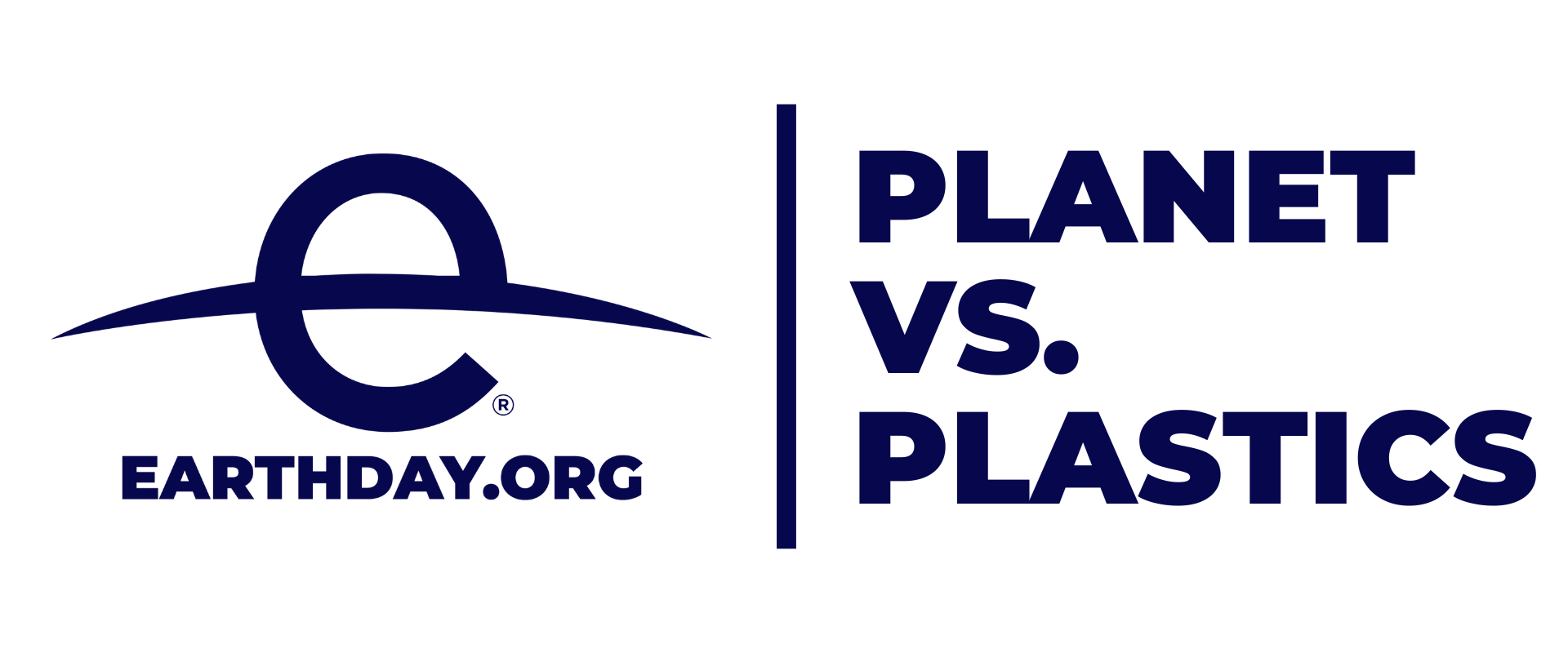|
|
|
Hi, Petroleum-based plastics are a major global problem, and along with increasing concerns about impacts of plastics on global health, we are seeing devastating effects on wildlife and humanity. That’s why EARTHDAY.ORG is committed to the global theme of Planet vs. Plastics for Earth Day 2024. On September 9, a male black bear in Telluride, Colorado had to be humanely euthanized by Colorado Parks and Wildlife (CPW).1 Why? CPW received a report about the distressed and sick bear near a river trail. Recognizing that the bear was in severe pain, the authorities decided that euthanizing the animal would be the most ethical action. A necropsy of the bear revealed that its intestines were packed with plastic waste. As CPW Area Wildlife Manager Rachel Sralla stated, we need to be better neighbors to wildlife to prevent incidents like this one. We cannot stand idly by as our environment, wildlife, and humans are ravaged by the prevalence of plastics. It is essential we face the plastics crisis head on and we need your support. The black bear was found with a mixture of various types of waste in his intestinal tract including disinfectant wipes, napkins, plastic sacks, food wrappers, and more. The plastic clogged the bear's small and large intestines. Its intestines were inflamed with infection and completely empty of actual food. This is far from the first time that plastics have wreaked havoc on living beings. Food packaging has been found in the scat of endangered eastern quoll and Tasmanian devils.2 Microplastics have been discovered in the intestines of fish.3 Young seabirds dying with 30 to 200 pieces of plastic in their stomachs.4 Blue whales are estimated to swallow 95 pounds of plastic in a single day.5 Increasingly, effects of plastics on human health are being uncovered too.6 This bear’s suffering was not an isolated incident. The pain and agony this bear endured — all because of human negligence and our disposable culture — serves as a heartbreaking reminder that our actions can have real and fatal consequences to other living beings and devastating impacts on the health of our planet. It is vital that we make effective changes to curb the harm caused by plastics. For Earth Day 2024, EARTHDAY.ORG is focusing on ending plastics for the sake of human and planetary health, demanding a 60% reduction in the production of ALL plastics by 2040. But we can’t do it alone. We need your help. In solidarity, Kathleen Rogers Footnotes: 1. Los Angeles Times: https://www.latimes.com/world-nation/story/2023-09-18/a-black-bear-was-euthanized-in-colorado-a-necropsy-showed-its-intestines-were-plugged-with-human-garbage 2. Australian Broadcasting Corporation: https://www.abc.net.au/news/2019-01-23/plastic-waste-found-in-quoll-scats-in-tasmania/10731452 3. Society of Environmental Toxicology and Chemistry: https://setac.onlinelibrary.wiley.com/doi/abs/10.1002/ieam.1913 4. The Guardian: https://www.theguardian.com/environment/2023/mar/03/plasticosis-new-disease-caused-by-plastics-discovered-in-seabirds 5. YaleEnvironment360: https://e360.yale.edu/digest/blue-humpback-fin-whales-microplastics 6. EARTHDAY.ORG: https://www.earthday.org/planet-vs-plastics/ |
|
EARTHDAY.ORG · 1752 N St NW, Suite 700, Washington, DC
20036, United States
|

